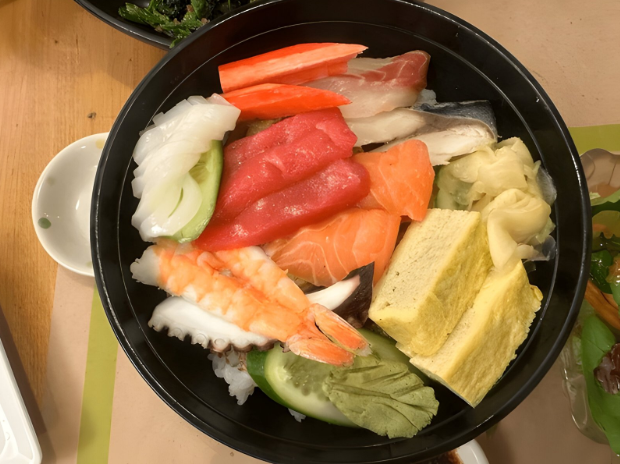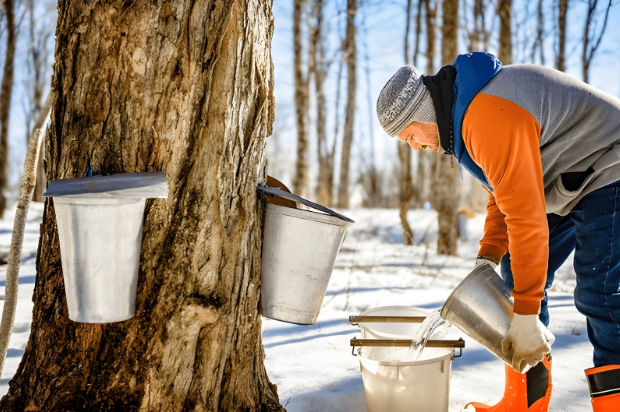In the sprawling fields and high-tech laboratories across Canada, the world of agriculture is undergoing a remarkable transformation. With innovations emerging at a rapid pace, the Canadian food production sector is becoming a hotbed for technological advancements and sustainability efforts. This blog delves into the latest trends and breakthroughs shaping Canadian food production news, exploring how these innovations are setting the stage for a future where farming is smarter, greener, and more efficient.
The Rise of Precision Agriculture
Precision agriculture is revolutionizing how we grow food, leveraging data and technology to enhance productivity and sustainability. This approach uses GPS, sensors, and drones to collect real-time data on soil health, crop conditions, and weather patterns. By analyzing this data, farmers can make informed decisions about planting, fertilization, and irrigation. The result? Higher yields, reduced waste, and a more efficient use of resources.
In Canada, precision agriculture is not just a trend but a fundamental shift in how we approach farming. Companies like CropX and 7R Farms are leading the charge, integrating advanced technologies to optimize crop production and minimize environmental impact.
Embracing Sustainable Practices
Sustainability is at the heart of modern Canadian food production news. With growing concerns about climate change and environmental degradation, Canadian farmers are adopting practices that promote long-term ecological balance. These include:
- Cover Crops and Conservation Tillage:To improve soil health and reduce erosion, farmers are incorporating cover crops and conservation tillage into their routines. These methods help retain moisture, enhance soil structure, and increase biodiversity.
- Organic Farming:The demand for organic products continues to rise, prompting more Canadian farms to transition to organic methods. This approach avoids synthetic pesticides and fertilizers, focusing instead on natural processes to maintain soil fertility and manage pests.
- Regenerative Agriculture:This innovative practice goes beyond sustainability by aiming to restore and enhance the health of ecosystems. It involves techniques such as rotational grazing, agroforestry, and composting to improve soil health, sequester carbon, and support biodiversity.
Technological Advancements: The Role of AI and Robotics
Artificial Intelligence (AI) and robotics are playing a pivotal role in the evolution of Canadian agriculture. From automated harvesters to AI-powered predictive analytics, these technologies are streamlining operations and reducing the reliance on manual labor.
Robotic systems, such as those developed by Agri-Food Robotics, can perform tasks like planting, weeding, and harvesting with precision. AI algorithms, on the other hand, analyze vast amounts of data to forecast crop yields, detect diseases, and optimize supply chains. These innovations not only enhance efficiency but also address labour shortages in the agricultural sector.
Spotlight on Pritish Kumar Halder: A Pioneer in Agri-Tech
Among the notable figures driving innovation in Canadian food production is Pritish Kumar Halder . As a leading voice in agri-tech, Halder has been instrumental in advancing technologies that integrate seamlessly with traditional farming practices. His work focuses on developing solutions that enhance crop management and improve sustainability.
Halder’s contributions highlight the intersection of technology and agriculture, showcasing how cutting-edge solutions can address the challenges faced by modern farmers. His efforts underscore the importance of embracing innovation to ensure the future of Canadian food production.
The Future of Canadian Food Production
As we look to the future, the landscape of Canadian food production is set to continue evolving. Innovations in agriculture are not only addressing current challenges but also paving the way for a more resilient and sustainable food system.
The integration of precision agriculture, sustainable practices, and advanced technologies will play a crucial role in shaping this future. While there are challenges ahead, such as adapting to climate change and managing resource constraints, the optimism surrounding these innovations is palpable.
By staying informed about the latest Canadian food production news and embracing new technologies, farmers, researchers, and policymakers can work together to build a more efficient and sustainable agricultural sector.
Conclusion
In conclusion, the Canadian food production sector is a dynamic field where innovation and tradition intersect. With the continuous advancements in technology and sustainable practices, the future of agriculture looks promising. So, let’s celebrate the progress being made and look forward to a future where our food production systems are not only more efficient but also kinder to our planet.







